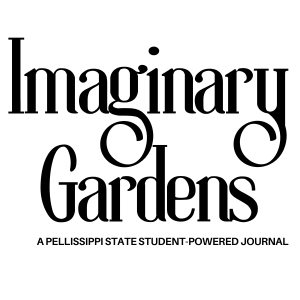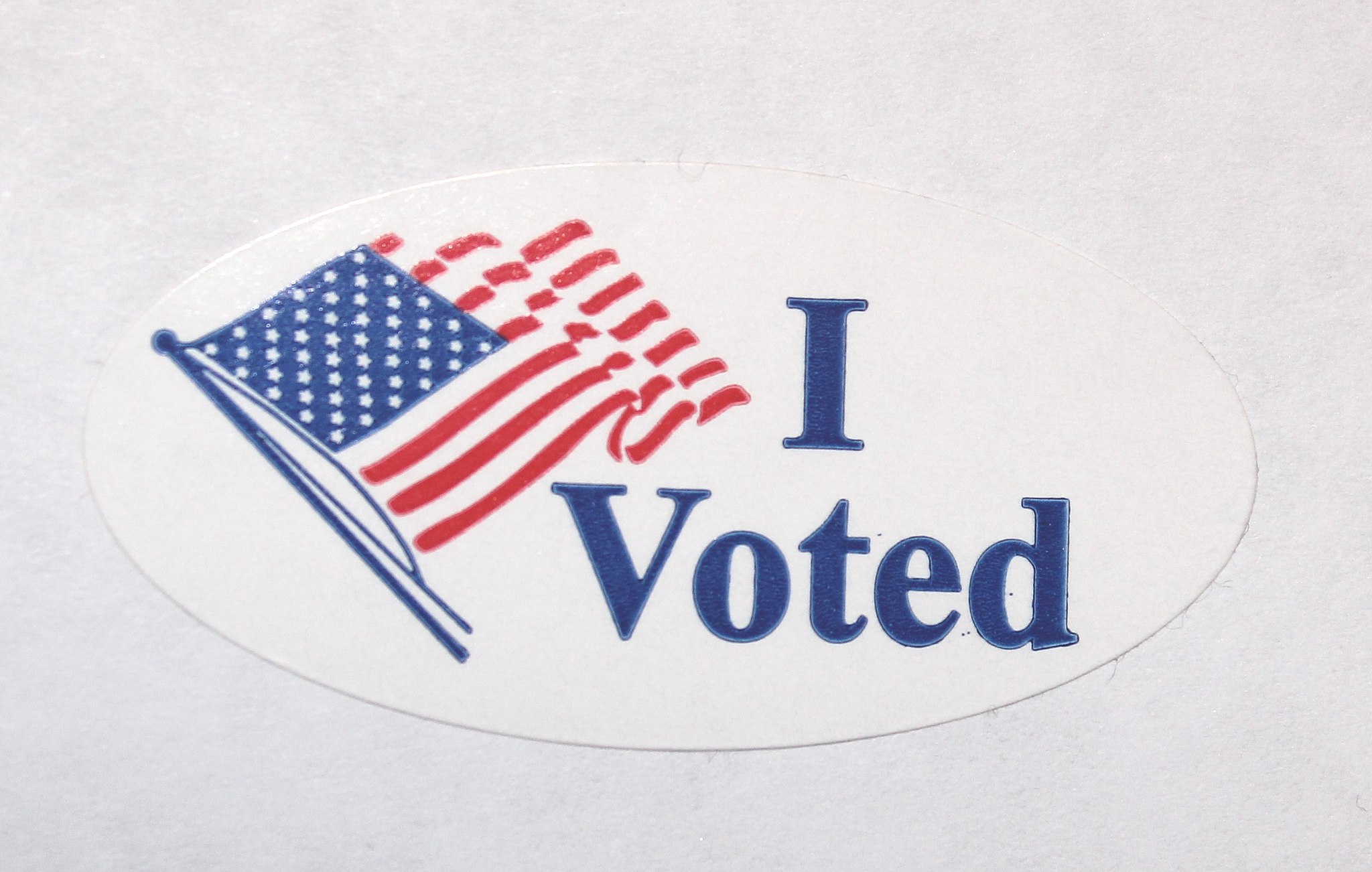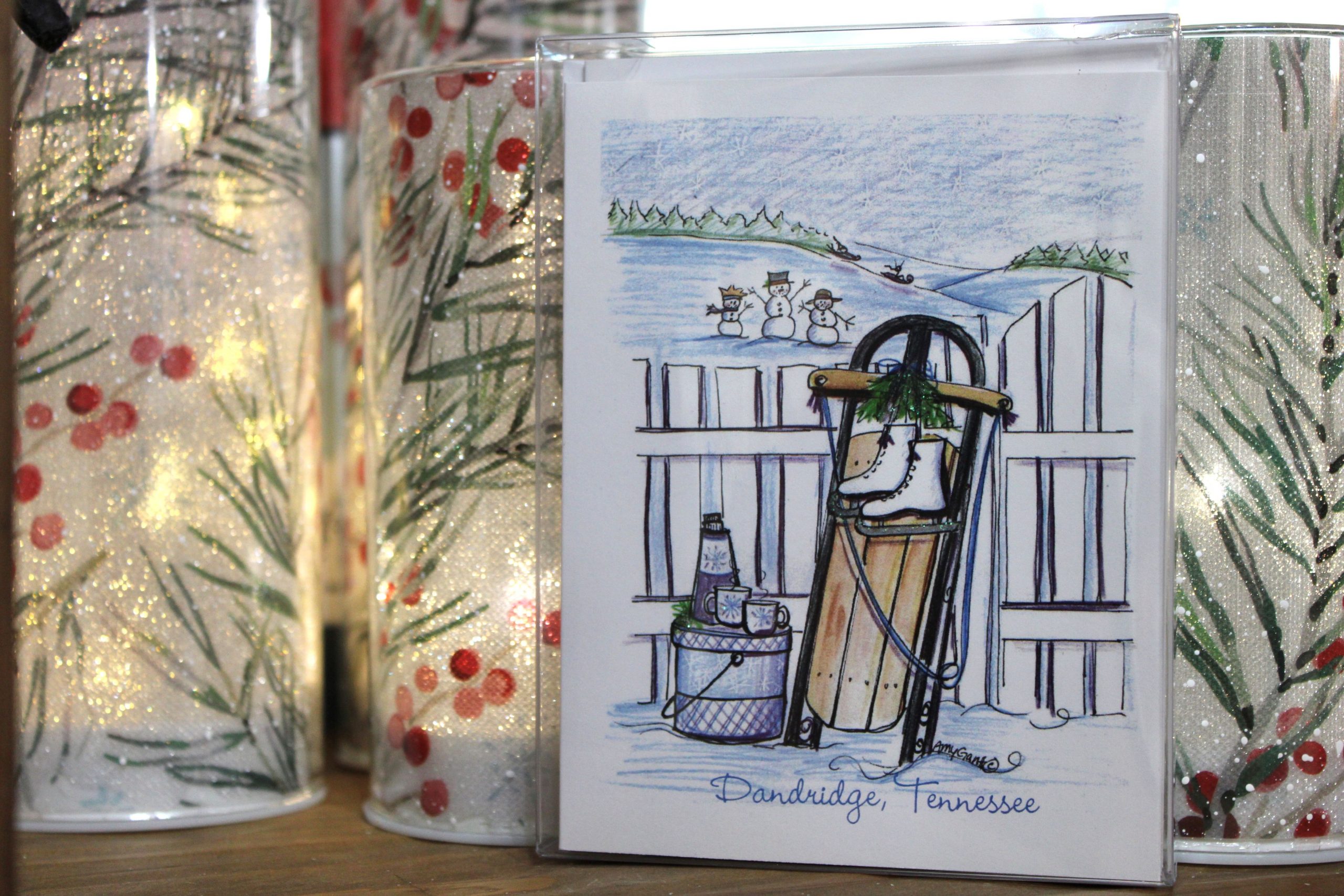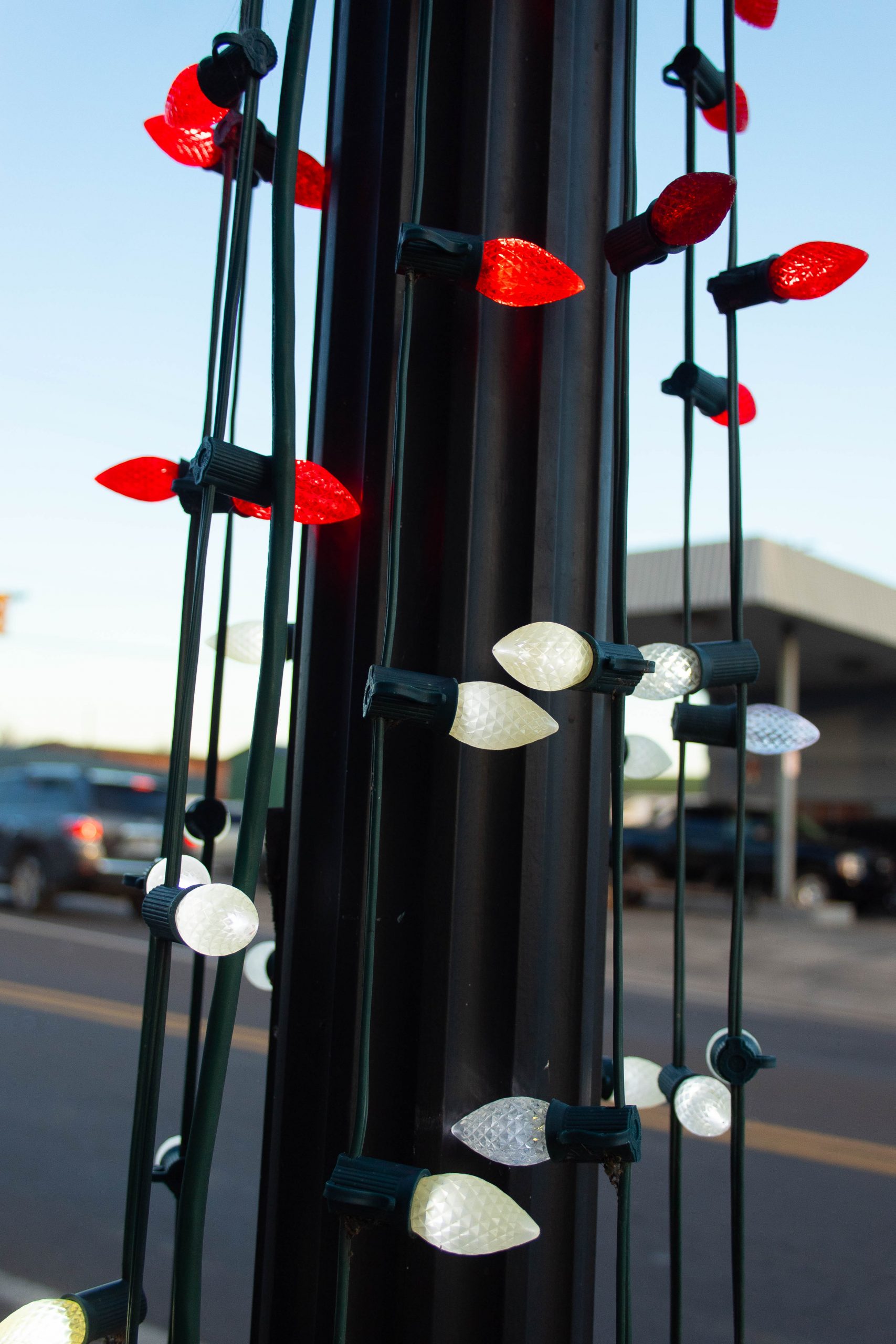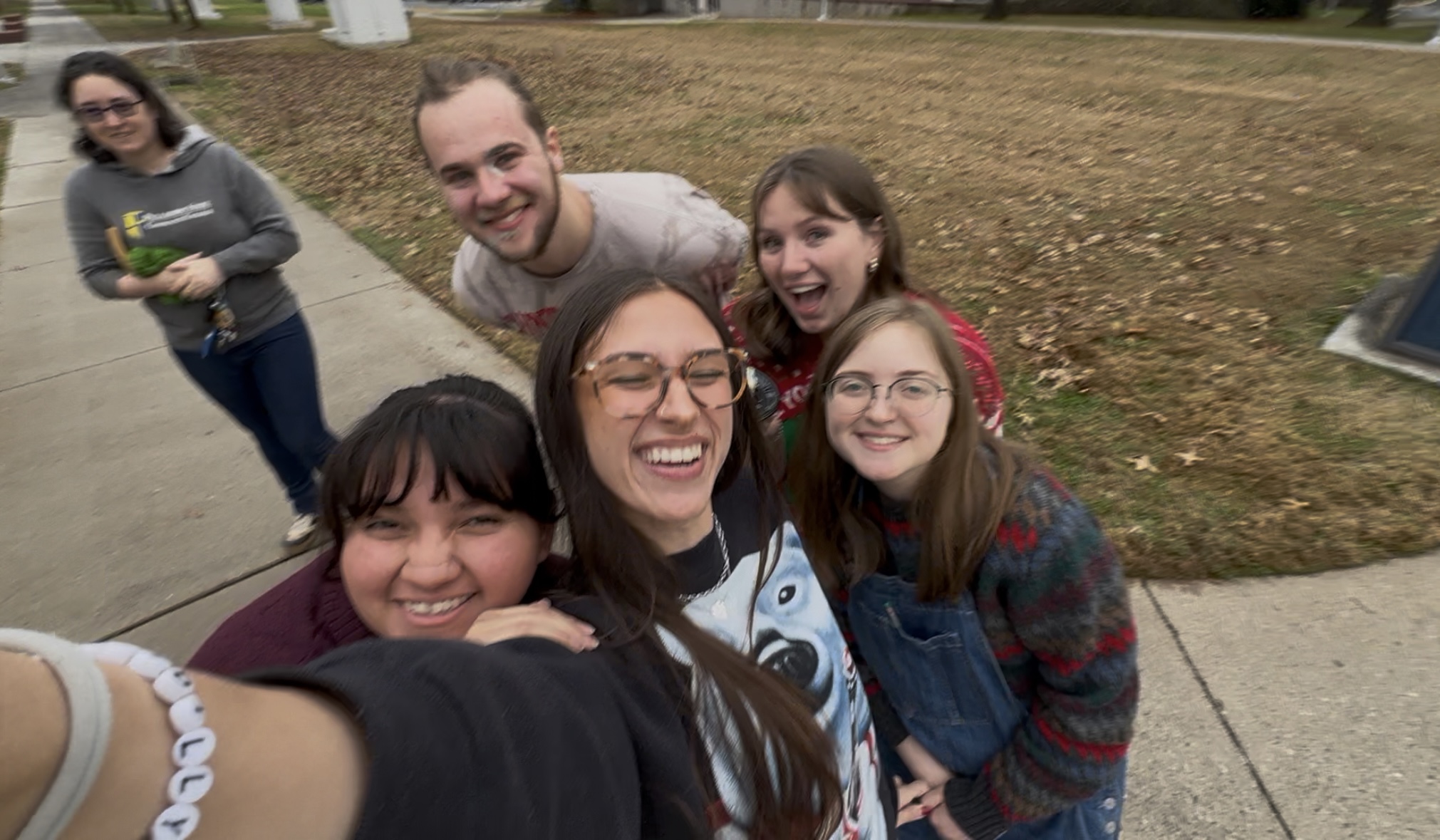By Rocket Belden
With President Donald Trump’s inauguration fast approaching, stakes are high. Young voters have been particularly important to the political landscape in the November 2024 election cycle and going forward. Experts agree that young people have the potential to shape elections, but currently make up a very small percentage of voters.
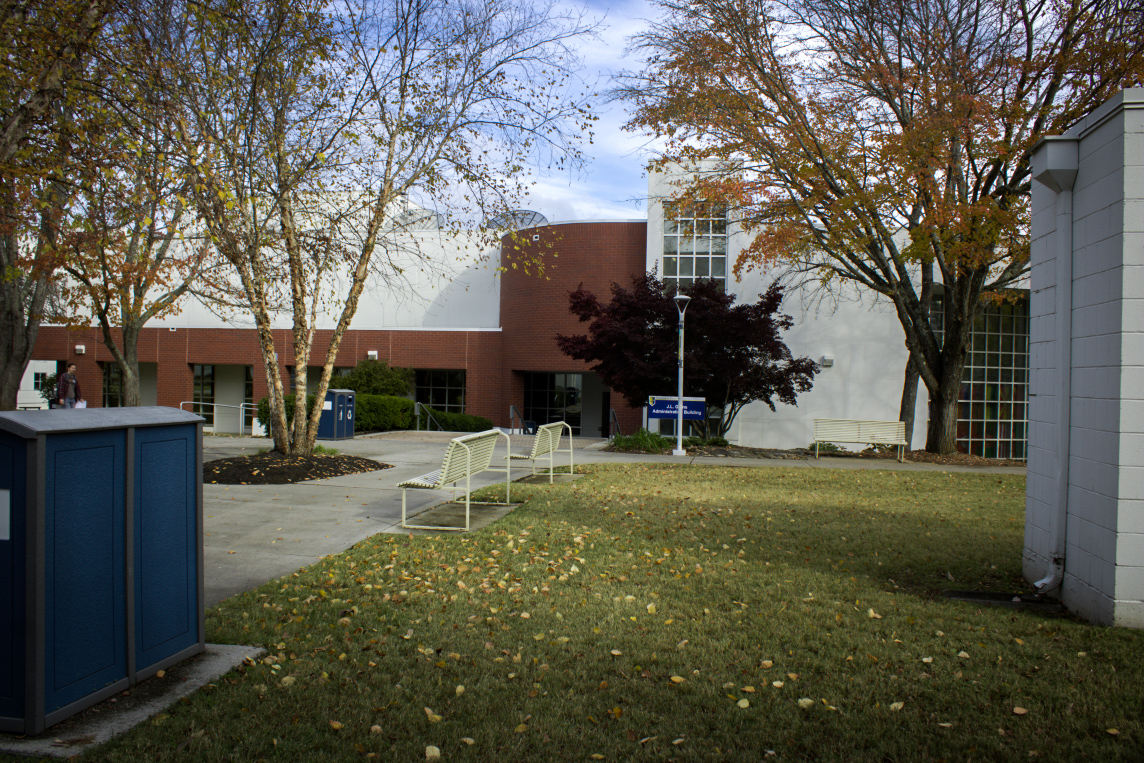
According to Knox County Election Commission, the majority of voters are 55 or older, at 51.04% votes, and only 12.95% are 29 or younger. However, on Pellissippi State Community College’s campus, students are motivated political participants despite what local statistics might indicate.
Student Participation High at Pellissippi State
Out of 21 students interviewed for this article, two thirds said they had or planned to vote in the 2024 presidential election. Prior to Election Day, two said they might vote, and only five said they would not be voting. Thirteen out of 14 students who said they were voting felt very strongly about the importance of voting. Reasons varied, but students generally agreed voting was important to democracy and individual freedom.
“It would be an injustice not to. A lot could change in four years… I want to have an impact now,” remarked student Cadence Harris in an interview in the days leading up to the election.
Others emphasized the importance of every individual’s voice in the election, including student Kimberlynn Brown who says, “I feel like I actually get a say in what happens,” says Brown, “even if you don’t care, your voice should matter.” Student Iscah Manyeki strongly encourages other young people to “take part, because voting has an impact.”
Student Mary Cherry believes elections are an important part of democracy. Other students agree, viewing voting as their civic duty.
Student Hayley Bryant believes in voting to better the country for future generations. “I voted so that my children can have a better future,” she says.
Out of the five students who said they would not be voting in the election, two felt strongly against voting, and three expressed dislike of both major party candidates. In an additional interview, a foreign student who is not eligible to vote noted that politics are similar in America and his home country, and shared that he had no positive experiences with politics or the law.
“Both of the candidates are just terrible,” one student claims. Another believes that all politicians are “criminals in a business to make money and rip off poor people.”
Encouragement Matters
Many students also shared that they were encouraged by family, peers, or professors to vote. Those who felt less strongly about the importance of voting mentioned their families urging them to participate this voting season, and three students shared their professor’s impact on their voting experience. Two of those three students noted that voting was a requirement for their history class.
“I wasn’t going to vote because I didn’t know enough, but it was a requirement for my history class, which caused me to learn more,” states Harris. After seeking more information about the election, she developed strong opinions on the importance of voting in the presidential election after looking into the topic further.
Efforts from family and classes proved to convince more students to get out and vote, showing how community and education can foster a commitment to democracy. Assistant Professor Anna Matsen Cantrell agrees that civil discourse belongs in classrooms and can encourage students to diversify their views and experiences.
“Part of the college experience is interacting with people and learning more through that process,” she says. She welcomes civil discourse into the classroom, valuing communication with issues that students bring up. She explained how her assignments prompt student conversations about controversial topics through writing and peer reviewing argumentative research papers. “We still need to be able to communicate with each other about those issues, whatever they might be,” she says.
Matsen Cantrell also values properly sourcing information. “While personal feelings and experiences are certainly valid as far as how people choose, you know what they want to vote for, what they want to support or not support, I think that we get plenty of people talking about their big feelings on the internet about politics and it isn’t always grounded in true knowledge about the topic. Having good sources to back up your claims like this kind of thing is an important part of the college experience,” she says.
Through teaching critical thinking skills or prompting conversation on controversial topics, there are many ways that teachers can influence students to deepen their perspectives. Some teachers directly encourage their students to vote as well.
“I do try to encourage students to vote,” shares Matsen Cantrell, “Voting days are always on a Tuesday, which is a class day. I basically told students that you can come to class that day… or you could show me that you either have voted or that you got your voting sticker or something like that and write a note about how you worked on an essay independently that day.”
Students and teachers alike believe in the importance of voting at Pellissippi State. In upcoming elections, younger generations will become more and more influential to the political landscape. The college experience can encourage students to think critically about controversial topics, which may push more young people to get involved in politics. Students must remember that their voices matter, whether they choose to use their voice to vote or not.
